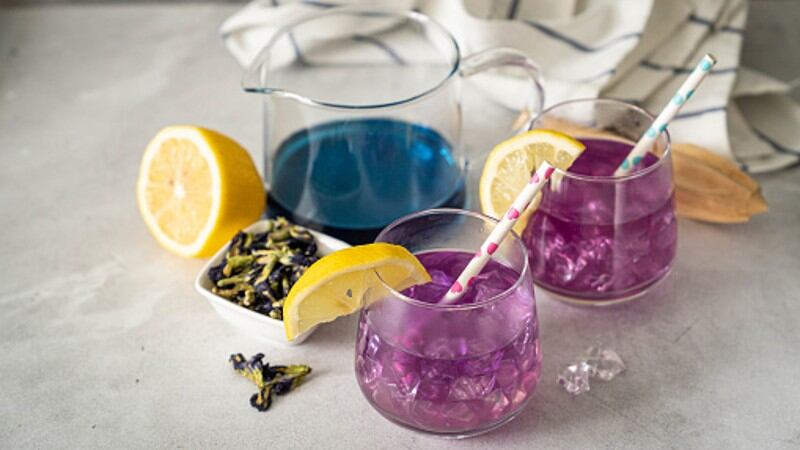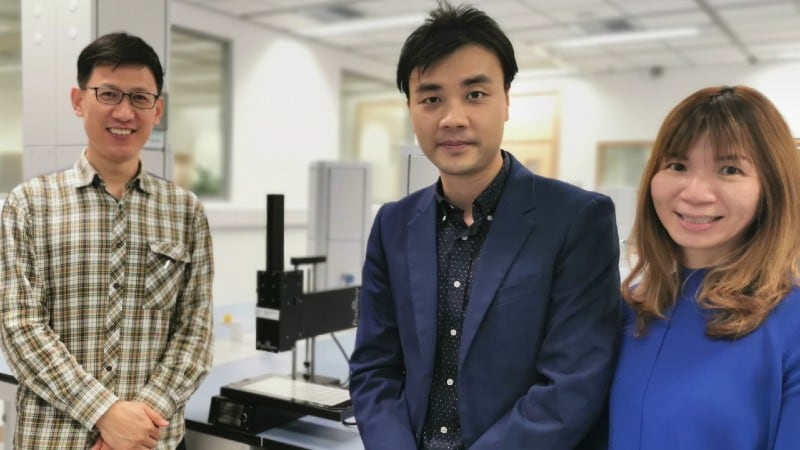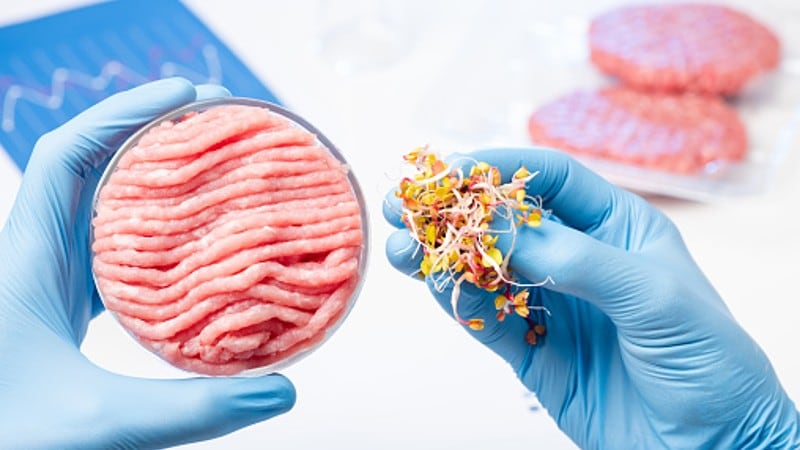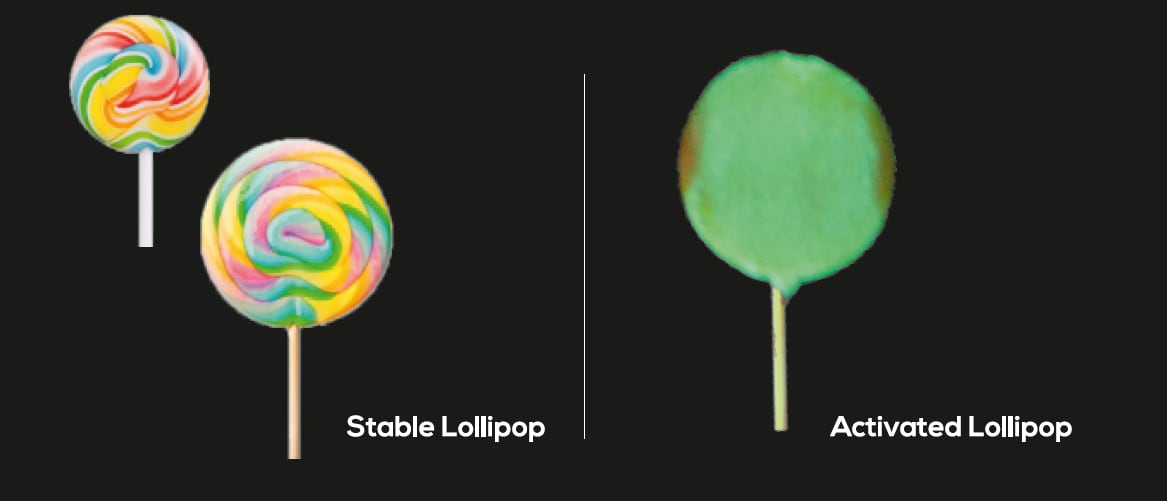The South Korean Ministry of Food and Drug Safety (MFDS) conducted a crackdown on food firms and establishments using butterfly pea flowers as an edible ingredient for food and drinks, saying this was in violation of the national Food Safety and Sanitation Act.
“Butterfly pea flowers have not been approved for use in food under local regulations as its safety has not been proven – at present, it is mainly used for ornamental purposes and for colour extraction,” MFDS Minister Kim Kang-lip said in a formal statement.
“Recently, there have been increased cases of food firms manufacturing and selling beverages and leaching teas (teas that are brewed from a solid material e.g. the butterfly pea flower), and MFDS has cracked down on 14 separate food manufacturing, processing and service establishments which have been doing this, finding 11 violations.
“The butterfly pea flower is commonly found in South East Asia and contains ingredients that promote uterine contractions, so pregnant women are warned against its consumption [and] its food safety properties also have not yet been proven for general consumption.”
MFDS seized and discarded all the relevant food and beverage products containing butterfly pea flower stored by the firms for sale, and took the online sales platforms of these firms offline to block any further purchases made by consumers.
“The 11 violators were found to have purchased butterfly pea flowers online, extracted the colour from the flowers and then mixed these with drinks such as lemonade – total sales of these illegal beverages are estimated at around KRW58.36mn (US$48,043),” stated MFDS.
“The necessary actions and penalties have been enforced against these violators. All food firms intending to utilise food ingredients that have not yet received approval from MFDS are reminded that it is compulsory to submit an application to MFDS to initiate the process of getting these recognised.
“Data and research proving the safety of the new food ingredient must be submitted along with the application in accordance with the current standards, such that the ministry can kickstart the process of recognising these as new ingredients approved for use in food.
“In the meantime, MFDS will continue to intensify crackdowns on the manufacturing and sales of foods and beverages with ingredients that have not been approved for use as such.”
False advertising
In addition to the usage of unapproved food ingredients, two of the violators were also penalised for false advertisements on product health benefits.
“Two of the detected leaching teas that contained butterfly pea flower and were sold online made claims and advertisements regarding cancer cell-killing efficacy, antithrombotic action, memory increase, dementia prevention, etc.,” said MFDS.
“These were advertised and sold under the pretext of being effective in terms of the prevention and treatment of these health conditions, [making these] in violation of regulations governing claims and advertisements regarding disease prevention and treatment.”
Similar occurrence in Taiwan
South Korea is not the first country to have warned against the consumption of butterfly pea flowers – back in 2019, the Taipei City Department of Health (DOH) also issued a warning against using these for direct consumption as foods or beverages.
Taiwan conducted its own crackdown back then on some 97 food firms and foodservice outlets, and eventually concluded that using butterfly pea flowers as a natural food colouring would be allowed – but not its direct usage for consumption.
“The blue butterfly pea is not a traditional food item, and may be used as a natural food colouring agent, but must only be added in the minimum possible amount to reach the targeted dyeing purpose,” the DOH stated.
“It may not be used as a regular food ingredient, and pregnant women are advised completely against its consumption.”





